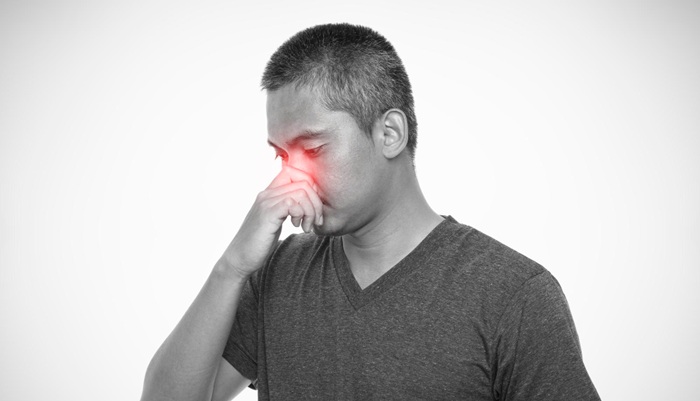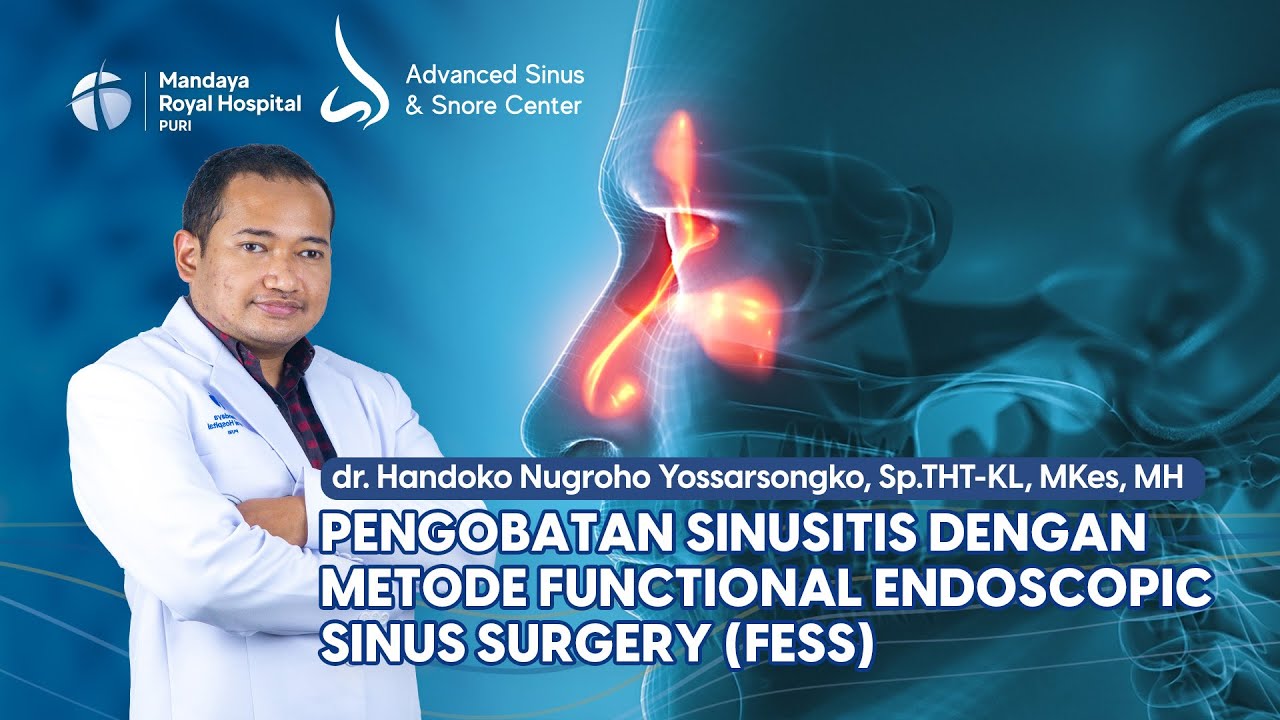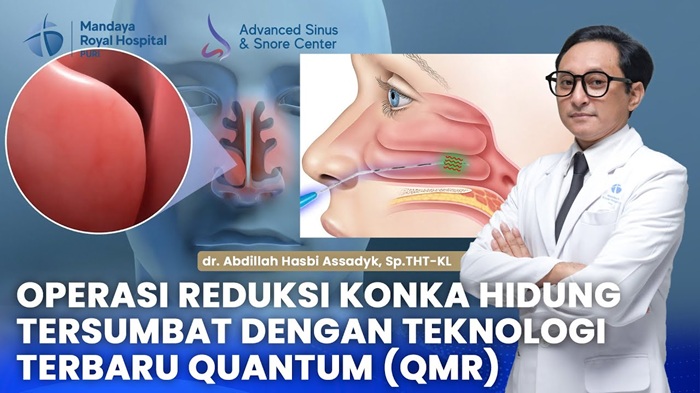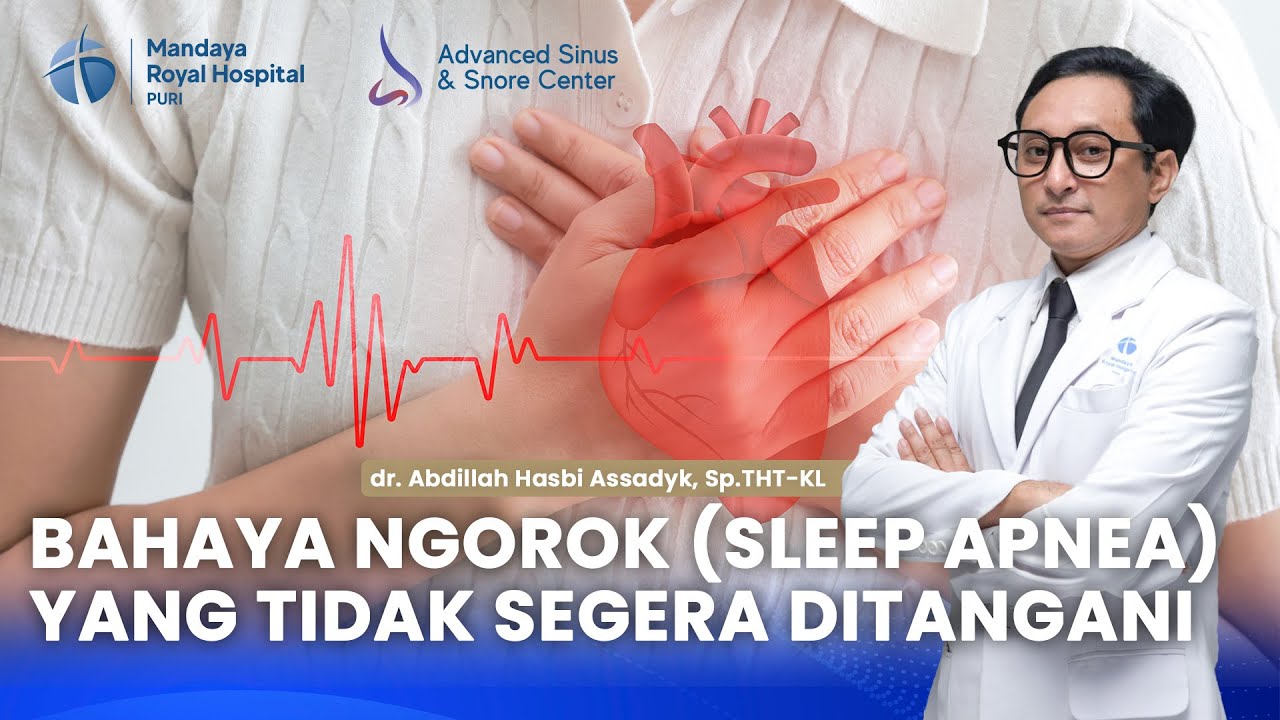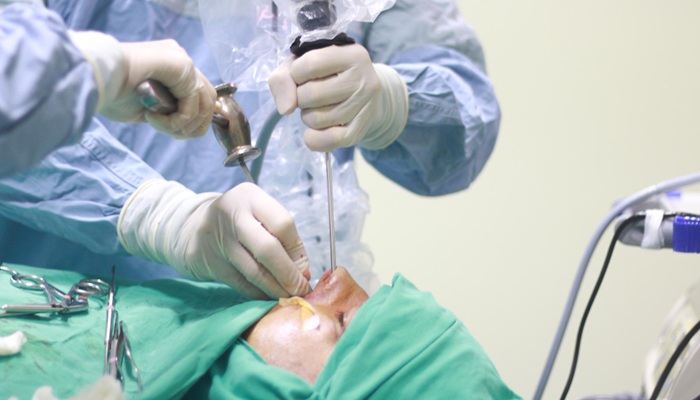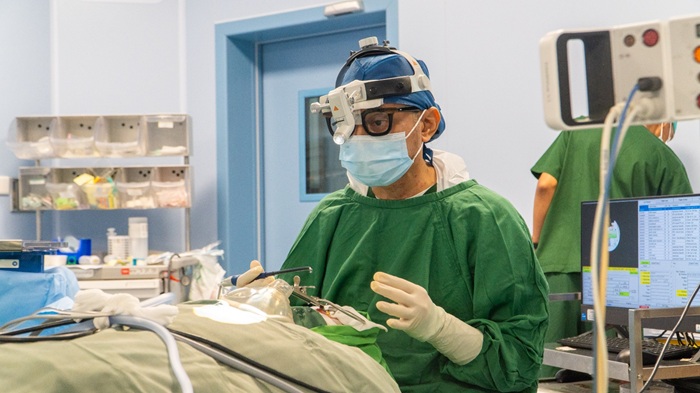Contents
What is vertigo?
Vertigo is a type of dizziness that creates a false sensation that you or your surroundings are spinning or moving. This condition may feel similar to motion sickness but is different from regular dizziness.
Vertigo is not a disease, but rather a symptom of an underlying condition. There are many medical issues that can trigger it.
Vertigo is classified into several types:
-
Peripheral Vertigo
Peripheral vertigo is the most common type. It occurs due to problems in the inner ear or the vestibular nerve, which controls balance.
-
Central Vertigo
Central vertigo results from problems in the brain. This condition may be caused by a variety of medical issues, such as stroke, brain tumors, migraines, traumatic brain injuries, infections, or multiple sclerosis.
Symptoms of Vertigo
The main symptom of vertigo is the feeling that your head or surroundings are moving or spinning.
While vertigo itself is a symptom, it can cause or occur alongside other symptoms such as:
- Balance issues
- Dizziness
- Motion sickness
- Nausea and vomiting
- Ringing in the ears (tinnitus)
- A feeling of fullness in the ears
- Headache
- Nystagmus (involuntary eye movements, usually from side to side)
Causes of Vertigo
Common causes of vertigo include:
-
Benign Paroxysmal Positional Vertigo (BPPV)
This is the most common cause of vertigo, producing a strong and brief spinning sensation. It’s triggered by rapid head movements, such as being hit.
-
Infections
Viral infections affecting the vestibular nerve, known as vestibular neuritis or labyrinthitis, can cause intense and persistent vertigo.
-
Meniere’s Disease
When excess fluid builds up in the inner ear, it can result in sudden vertigo episodes that last for several hours.
-
Migraines
Migraine-induced vertigo can last from a few minutes to several hours.
-
Head or Neck Injury
Vertigo is a common symptom that can follow traumatic injury to the head or neck, particularly if the vestibular system is affected.
-
Medications
Certain medications can cause vertigo, along with other symptoms like dizziness, hearing loss, and tinnitus.
Diagnosing Vertigo
To determine the cause of vertigo, a doctor will need to conduct a physical examination, ask about potential triggers, and review the patient’s medical history.
Here are some tests that may be used to diagnose vertigo:
- Romberg Test: The doctor asks the patient to stand with arms at the sides and feet together, then close their eyes. If the patient becomes unstable, it may indicate a problem in the central nervous system.
- Fukuda-Unterberger Test: The patient is asked to march in place for 30 seconds with their eyes closed. If they rotate to one side, it may indicate a lesion in the inner ear labyrinth, which can cause peripheral vertigo.
Depending on the results of these and other tests, the doctor may recommend a CT scan or MRI of the head for more detailed information.
Treatment for Vertigo
Here are some treatments for vertigo that a doctor may recommend:
-
Vestibular Rehabilitation Therapy
Vestibular rehab typically includes a series of exercises to alleviate common vertigo symptoms like dizziness, unstable vision, and balance issues. The treatment is tailored to the patient’s needs.
-
Medications
Vertigo medications may help in some acute cases (sudden and short episodes). Doctors usually recommend motion sickness drugs (such as meclizine or dimenhydrinate) or antihistamines (like cyclizine) to relieve vertigo symptoms.
-
Surgery
If vertigo is caused by a brain tumor or neck injury, surgery may be necessary. However, surgery is generally only considered if other treatments have failed.
Visit Mandaya Royal Hospital Puri. Our Ear, Nose, and Throat (ENT) Clinic has a team of specialists ready to help you manage your vertigo.
Use the Chat via WhatsApp, Book Appointment, or the Care Dokter app (available on Google Play and the App Store) to make your visit easier, check your queue number, and get complete information.





















